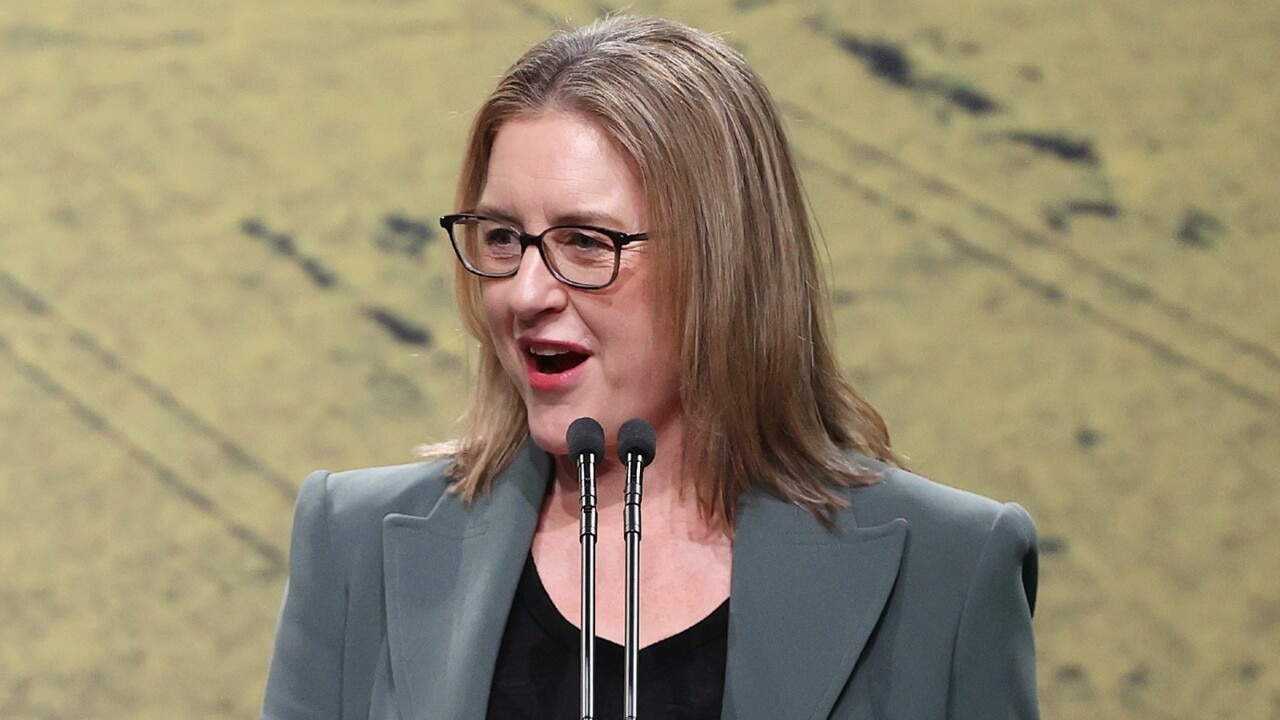Shannon Deery: Premier Jacinta Allan dabbles in pill testing, cannabis reform
Drug reform is rarely an easy sell but insiders say Jacinta Allan is keen to sink her teeth in — and it could go down as a legacy of her government.

Is Victoria on track to legalise cannabis?
Drug reform is rarely an easy sell.
On the one hand you have advocates who say it saves lives, on the other you have critics who argue it simply green-lights drug use.
Which is why it is surprising to see Jacinta Allan tackle such a divisive issue, with the government actively considering a pill-testing trial while reportedly going cold on a second injecting room for Melbourne’s CBD.
Unlike her predecessor, Allan is not a social policy warrior.
Daniel Andrews ushered in major reforms including voluntary assisted dying, safe access zones for women’s health services, childhood vaccination, and medicinal cannabis.
He also introduced a spent convictions scheme, a ban on change or suppression conversion practices, and got the ball rolling on the decriminalisation of public drunkenness.

Most expected Allan to steer clear of socially progressive reforms, particularly so early in her premiership.
But insiders say she is keen to sink her teeth into drug reform.
Latest data shows there’s good reason to act, with illicit drug use up across the board. In Victoria, one in three 20- to 29-year-olds now uses illicit drugs, while use has soared for those aged 40 and over.
Cocaine use is at its highest rate in 18 years and heroin use is the highest in the country.
In 2020, 392 Victorians died from unintentional overdoses of illicit drugs compared to a road toll of 259.
Andrews was fervent on his refusal to even consider introducing pill testing or legalising cannabis.
Allan moved the dial last month with a subtle shift in language after eight drug users were placed in induced comas at the Hardmission music festival.
Sources inside the government say she is very open to a pill-testing trial.
And that has prompted speculation about what else the government might explore.

Legalising cannabis is a broader reform some are already speculating might be considered.
But it is one that could divide Allan’s partyroom as much as it could the electorate.
Because the issue is not particularly partisan, and can’t be split evenly across a left-right divide.
More than 20 states in the US have legalised the use of cannabis since Colorado and Washington became the first to do so in 2011.
Another seven states have decriminalised its use. Democrats and Republicans support the move.
Those in favour of it argue that beyond being socially progressive, such reforms can be a significant money spinner for the government.
They are driven by tax collection and commercial opportunities.
Tim Pallas, for one, is on the record as in favour of legalising cannabis, while Allan and Mental Health Minister Ingrid Stitt say they’re open to having further discussions about such a reform.

If they choose to go down that path, it is one that must be treated with caution.
North Richmond’s supervised injecting room is evidence of that.
Both statistically and anecdotally, it has been far from an overwhelming success. Statistics released in the middle of last year showed police and ambulance triple-0 call-outs to the area had doubled since the facility opened. In that time, 6000 overdoses had occurred at the site, however, not one person had died from an overdose.
Modelling also suggested the injecting room may have prevented up to 63 deaths.
However, the facility has been a millstone around the government’s neck, with locals campaigning against it for years.
The government’s decriminalisation of public drunkenness has also been messy – most of the facilities promised to deal with the new health-based response model are yet to be set up.
Allan could also look abroad to see how major drug reforms could play out. A year ago, Canada’s British Columbia became the first province to decriminalise the possession of hard drugs including heroin, fentanyl, cocaine, methamphetamine and MDMA.
In the 12 months since, drug deaths have reached record levels while drug use in public spaces has soared.

In its recent submission to government ahead of May’s budget, the Victorian Alcohol and Drug Association called on the government to remove criminal justice sanctions for minor possession and use of currently illicit substances.
It said a starting point should be supporting legislation currently in the Victorian parliament to decriminalise cannabis.
That Allan is open to a discussion about legalising cannabis for recreational purposes stands her in stark contrast to her predecessor.
Advocates for reform say the government needs a sound strategy aimed at saving lives and reducing harm.
If the Premier goes down the path of drug reform, it could go down as a legacy of an Allan government.
For better or worse.
Shannon Deery is state politics editor



